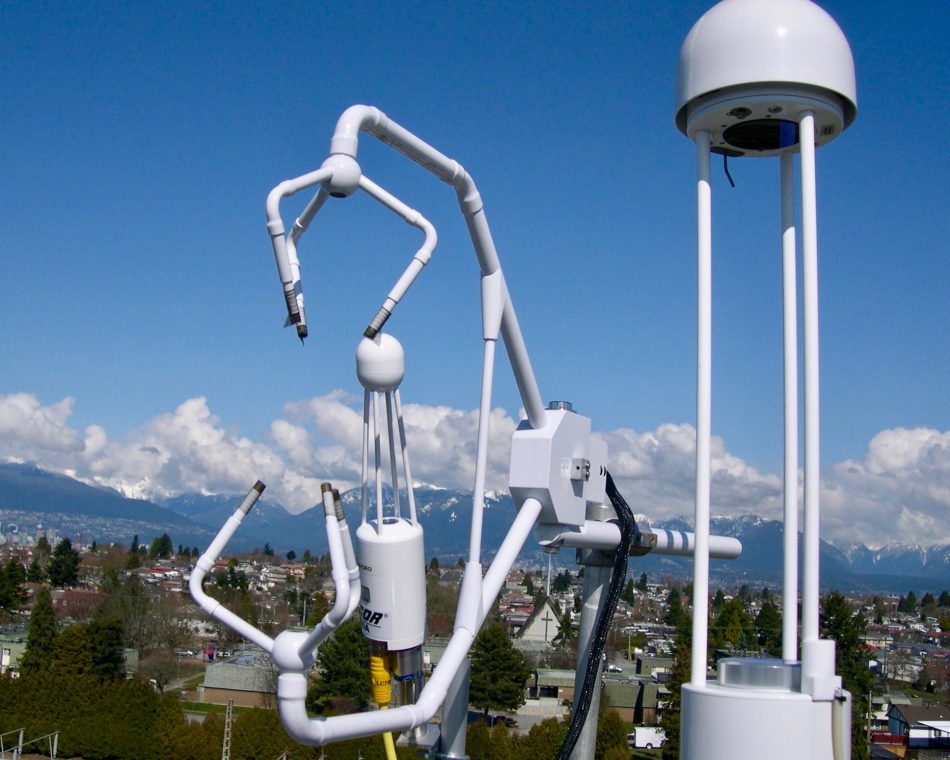PARIS (AN) — A new U.N. report on Thursday recommended global reductions of methane emissions by up to 45% this decade as the most efficient and least costly way of preventing another 0.3 degrees Celsius of global warming.
The would require cutting 180 million metric tons of methane releases into the atmosphere — long cited as the second most important global warming culprit behind carbon dioxide — primarily from agriculture, coal mines, landfills and oil and gas systems.







